Ayurvedic Approach to Height Growth: Safe, Natural & Side-Effect Free
In today’s competitive world, height plays a key role in confidence, personality, and overall appearance. Many people, especially during adolescence, worry about their height and look for ways to increase it. Modern treatments often include chemical supplements or hormonal therapy, which may have harmful side effects. Ayurveda, however, offers a natural, safe, and holistic way to support height growth, focusing not only on physical development but also on overall health and well-being.
📖 Ayurvedic Concept of Height Growth
According to Ayurveda, height growth is influenced by:
-
Ahaara (Diet) – Nourishment and balanced intake of nutrients
-
Vihara (Lifestyle & Exercise) – Proper physical activity and yoga
-
Sharira Prakruti (Body Constitution) – Genetic and doshic balance
-
Agni (Digestive Fire) – Efficient digestion and absorption of nutrients
-
Ojas (Vital Energy) – Responsible for strength, immunity, and healthy growth
The bones (Asthi Dhatu) and tissues (Dhatus) play a major role in height growth. If properly nourished with the right food, lifestyle, and herbs, they can support maximum growth potential, especially during childhood and adolescence.
Benefits of Ayurvedic Height Growth Treatment
✅ Safe & Natural – No artificial hormones or steroids
✅ Holistic Development – Improves not just height, but also immunity, strength, and mental focus
✅ Supports Bone & Muscle Growth – Strengthens Asthi Dhatu and Mamsa Dhatu
✅ Balances Hormones Naturally – Through Rasayana (rejuvenation) therapy and yoga
✅ No Side Effects – 100% natural approach suitable for long-term use
✅ Boosts Confidence & Personality – Enhances physical and mental well-being
🌿 Ayurvedic Remedies for Height Growth
1. Herbs for Height Growth
-
Ashwagandha – Strengthens bones and muscles, enhances stamina
-
Shatavari – Nourishes tissues and balances hormones
-
Guduchi – Improves immunity and metabolism
-
Amalaki (Amla) – Rich in Vitamin C, supports bone health
2. Ayurvedic Rasayana (Rejuvenators)
-
Chyawanprash – Improves immunity and bone strength
-
Shatavari Kalpa – Hormonal balance and nourishment
-
Ashwagandha Lehyam – Muscle and bone development
3. Dietary Recommendations (Ahaara)
-
Include milk, ghee, nuts, seeds, fresh fruits, green vegetables, and whole grains
-
Avoid junk food, carbonated drinks, excess spicy and oily items
-
Consume calcium and protein-rich foods for bone and muscle health
4. Yoga & Exercise (Vihara)
-
Yoga asanas like
-
Bhujangasana (Cobra pose),
- Suryanamaskar (Sun Salutation)
-
Tadasana (Palm tree pose), Surya Namaskar,
-
Chakrasana (Wheel pose) help in spinal flexibility and stimulate growth hormones
-
Daily stretching exercises and sports activities like swimming, cycling, and running also help
🧘 Panchakarma & Ayurveda Therapies
Certain Ayurvedic treatments can be taken under expert guidance to support natural height growth:
-
Abhyanga (Oil Massage) – Improves blood circulation, strengthens bones and muscles
-
Basti (Medicated Enema) – Balances Vaata dosha, essential for bone health
-
Rasayana Therapy – Nourishes all tissues, boosts immunity and growth
🧒 Who Can Take Ayurvedic Height Growth Treatment?
-
Children and teenagers during their growth phase (pre-puberty and puberty)
-
Young adults who want to maximize their natural growth potential
-
Individuals with weak digestion or nutritional deficiencies affecting growth
At Ayurvidhi Clinic there we have height increase program specially designed for the people who are willingly to grow their height. This is a complete ayurvedic formulation tested on numerous people.
Eligibility for the height growth medicine:
Children above the age of 10 year up to the age of 25 years are benefited for this.
Course duration: 3 months
Best time to start the medicine course: From Navratri (Ashvin Navratri)
📝 Conclusion
Ayurveda provides a safe, natural, and effective way to support height growth by focusing on diet, lifestyle, yoga, herbs, and Panchakarma therapies. Unlike chemical supplements, Ayurvedic treatments strengthen the body from within, ensuring holistic development without any side effects.
✨ Remember – height is not just physical, but a reflection of inner health and vitality. With Ayurveda, you not only grow taller but also grow stronger and healthier. ✨


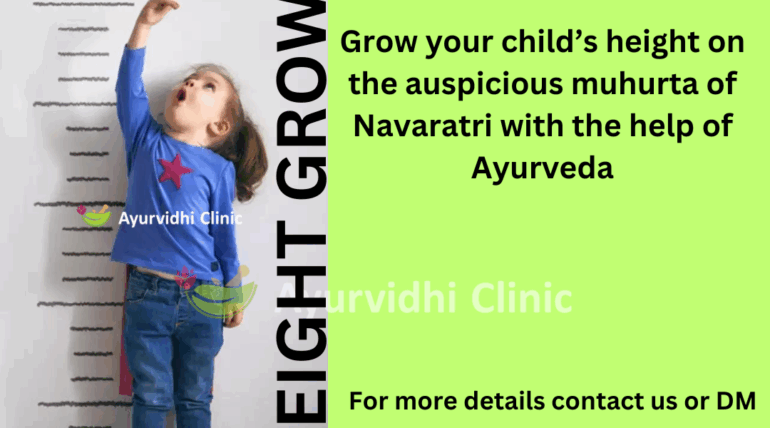
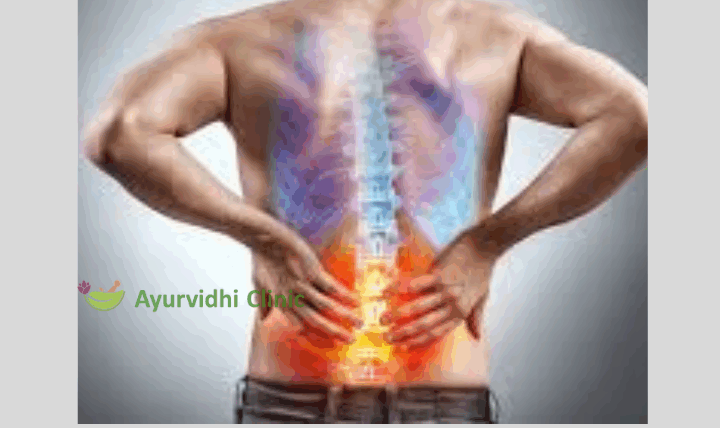

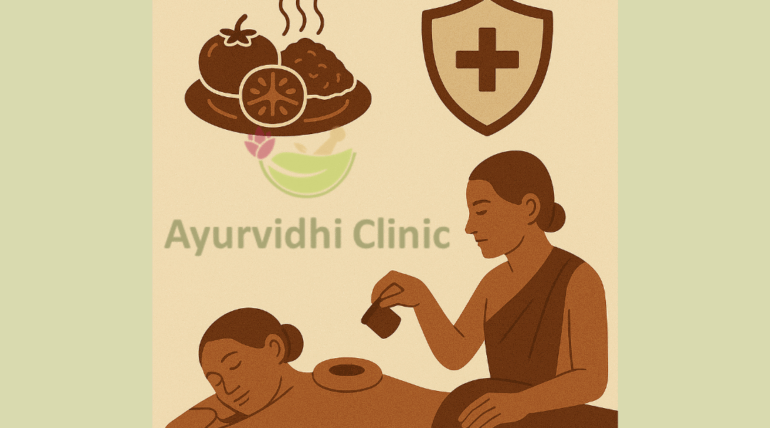
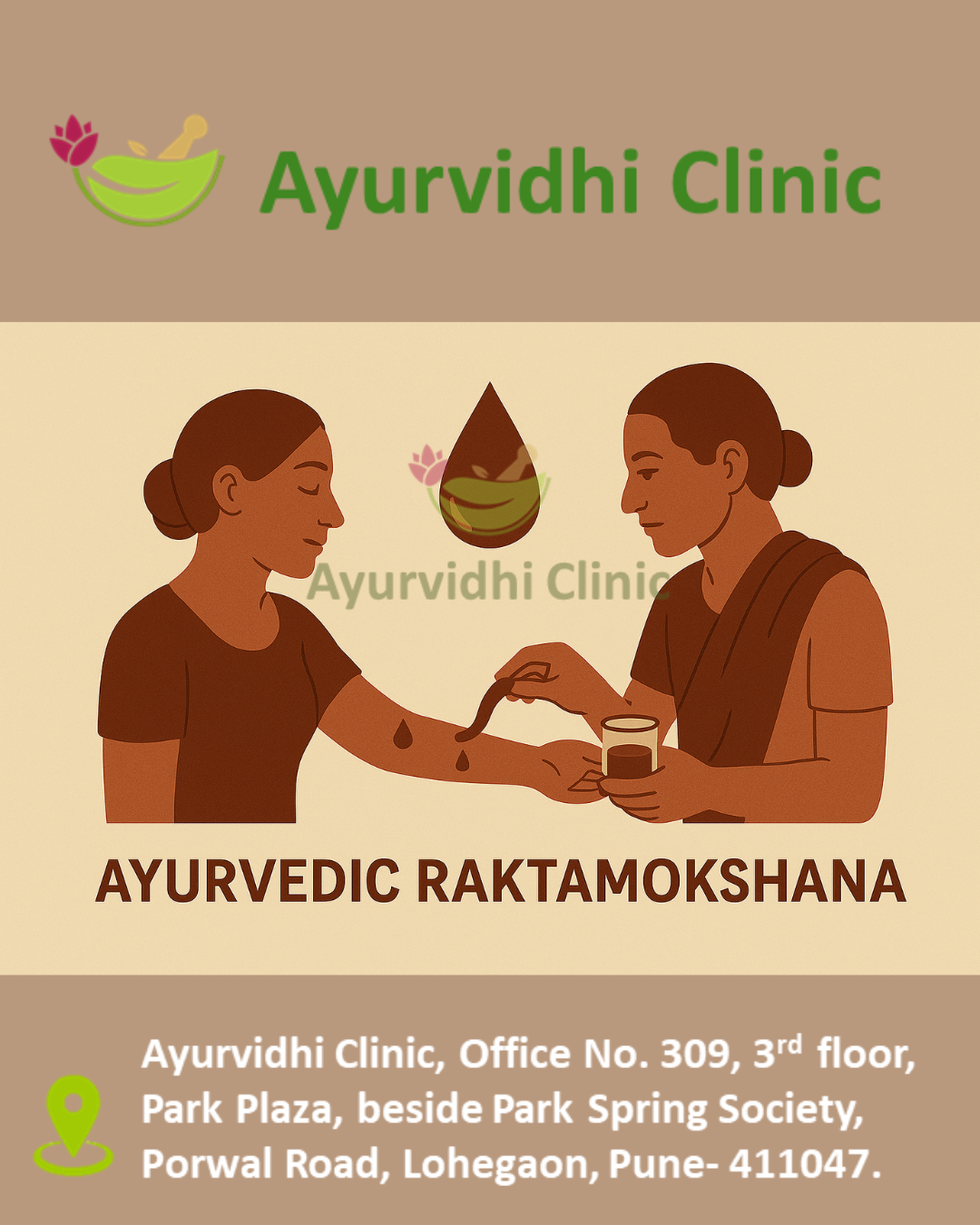

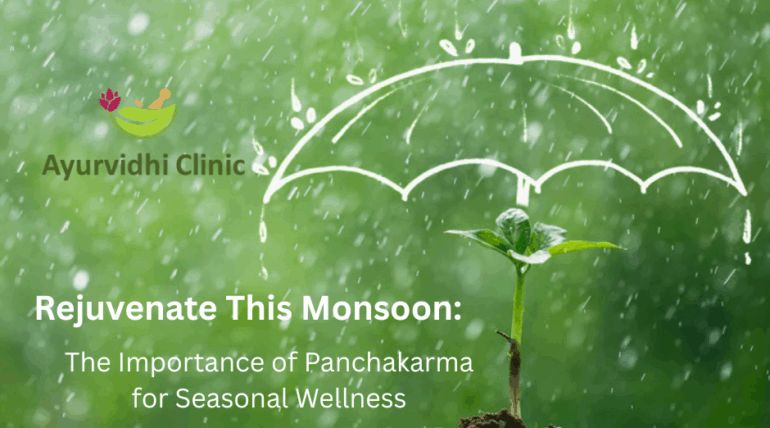

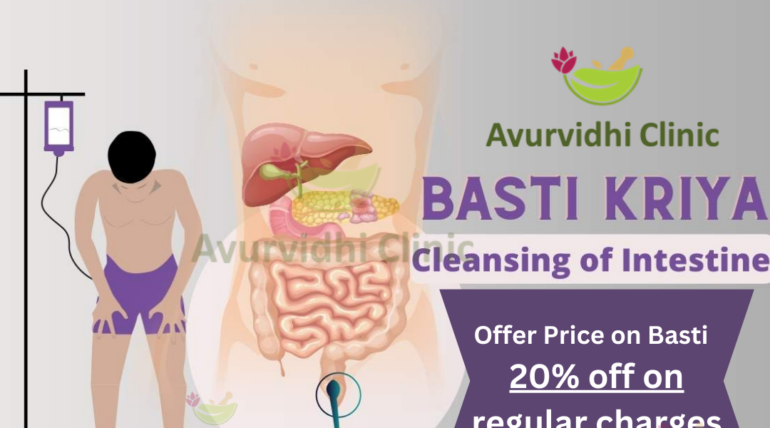
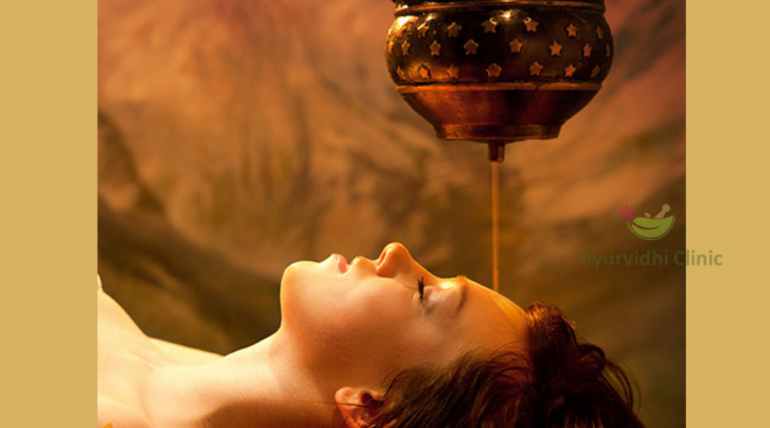


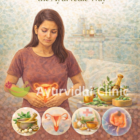
Recent Comments